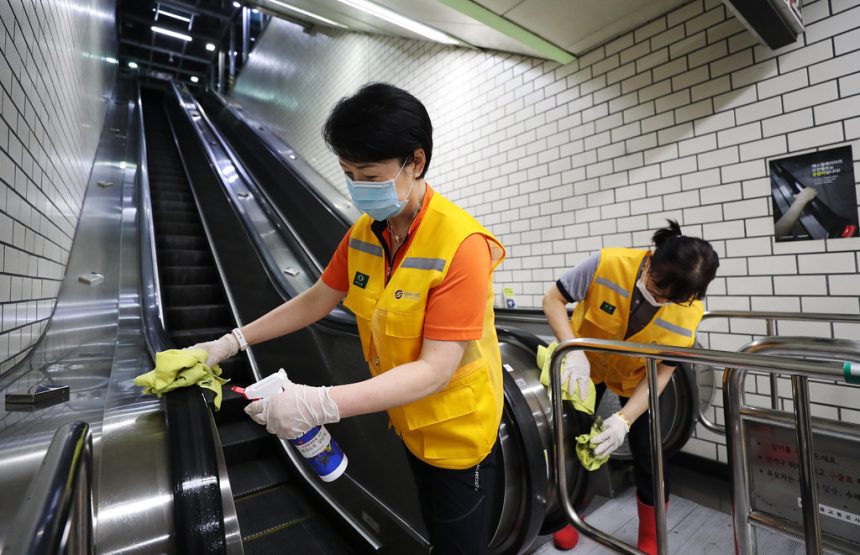Singapore is currently observing a notable increase in COVID-19 cases, with health authorities closely monitoring the situation. The Ministry of Health (MOH) and the Communicable Diseases Agency (CDA) have reported a rise in weekly infections, emphasizing the importance of public vigilance and adherence to health guidelines.
Surge in Weekly Infections
Between April 27 and May 3, 2025, Singapore recorded an estimated 14,200 COVID-19 cases, marking a significant increase from the 11,100 cases reported the previous week. This uptick represents a 28% rise in infections within a single week.
Concurrently, average daily hospitalizations increased from 102 to 133. However, the average number of intensive care unit (ICU) cases saw a slight decrease, dropping from three to two per day.
Variants Under Surveillance
Health authorities have identified that more than two-thirds of locally sequenced COVID-19 cases are attributed to the LF.7 and NB.1.8 variants, both descendants of the JN.1 strain. These variants are currently under close observation, although there is no indication that they are more transmissible or cause more severe illness compared to previous strains.
Public Health Advisory
The MOH and CDA have reiterated the importance of maintaining up-to-date vaccinations, especially for individuals aged 60 and above, those who are medically vulnerable, and residents of aged care facilities. They recommend receiving an additional vaccine dose approximately one year after the last dose to ensure continued protection against the virus.
While the healthcare system is currently equipped to handle the rise in cases, authorities emphasize the need for the public to remain vigilant. This includes practicing good hygiene, wearing masks in crowded places, and seeking medical attention if symptoms develop.
Conclusion
Singapore’s proactive approach in monitoring and responding to the recent increase in COVID-19 cases underscores its commitment to public health and safety. By staying informed and adhering to recommended health measures, the community can collectively mitigate the impact of the virus’s resurgence.










